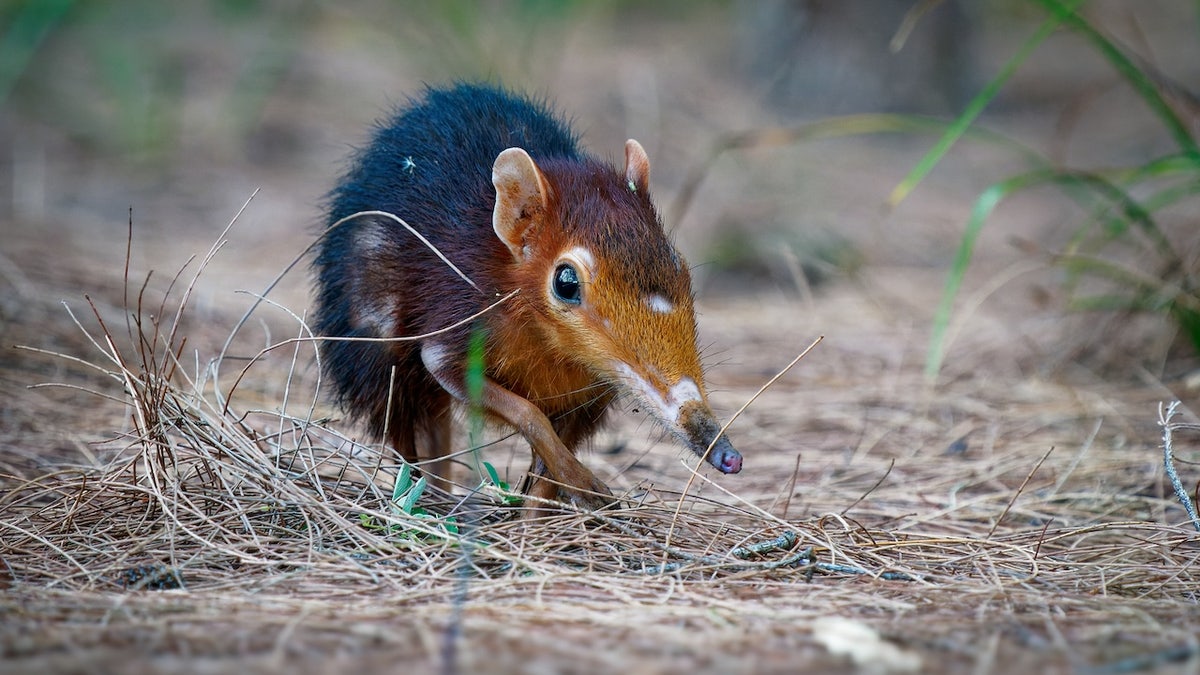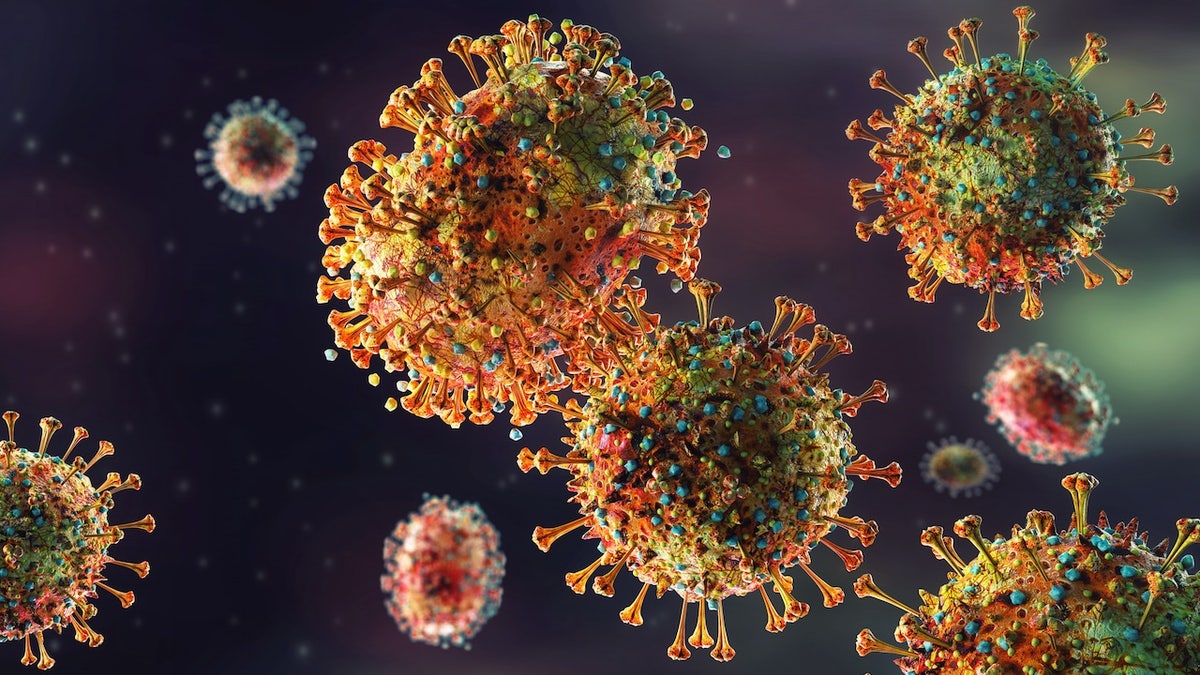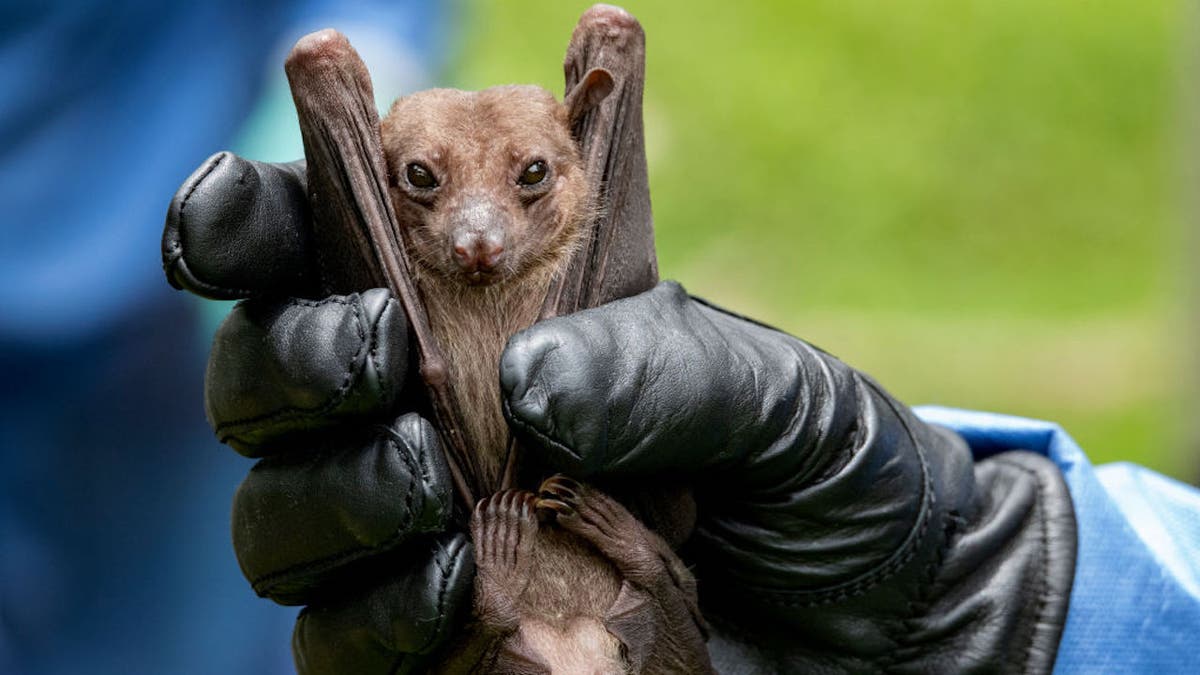Researchers have identified a novel henipavirus, tentatively named the Camp Hill virus, in shrews located in Alabama. This discovery marks the first instance of a henipavirus being found in North America, raising concerns about potential spillover to humans. Henipaviruses are zoonotic, meaning they can transmit from animals to people.

A virus has been found in shrews in Alabama, raising concerns about potential human infection. (iStock)
Dr. Rhys Parry from the University of Queensland, where the virus was identified, highlighted the potential risk, noting that henipaviruses have caused severe illness and fatalities in both humans and animals in other parts of the world. He drew parallels to the Langya virus, another henipavirus that jumped from shrews to humans in China, suggesting that shrew-to-human transmission is possible. Other concerning henipaviruses include the Hendra virus, with a 70% mortality rate, and the Nipah virus, with mortality rates ranging from 40% to 75%.

The Langya virus, a related henipavirus, has already been observed to transmit from shrews to humans. (iStock)
The Camp Hill virus was detected in northern short-tailed shrews, a common species in the U.S. and Canada. While further research is crucial to assess the direct threat to humans, scientists are already working on developing vaccines for this family of viruses. Dr. Ariel Isaacs, also from the University of Queensland, emphasized the importance of characterizing the virus's surface proteins to understand how it enters cells and develop effective protective measures.

Individuals at higher risk of henipavirus infection include those exposed to infected animals or contaminated food. (Getty Images)
The CDC states that individuals most at risk of henipavirus infection are those who come into contact with infected animals (like bats and pigs) or consume food tainted with their bodily fluids. Healthcare workers treating infected patients are also at elevated risk. Preventive measures include avoiding contact with potentially infected animals and their fluids, practicing safe food handling, and using proper protective equipment in medical settings. Currently, there is no specific antiviral treatment for henipavirus infections, with treatment focusing on supportive care and managing complications.








